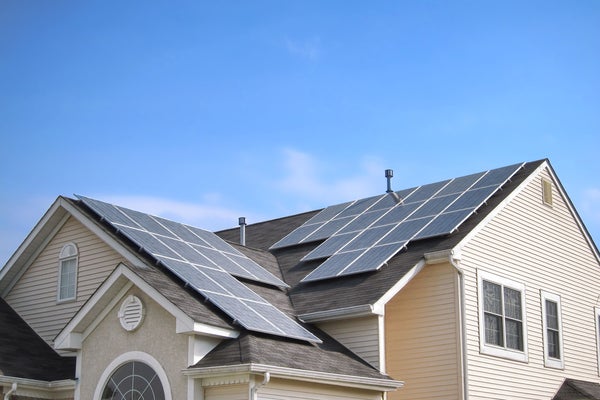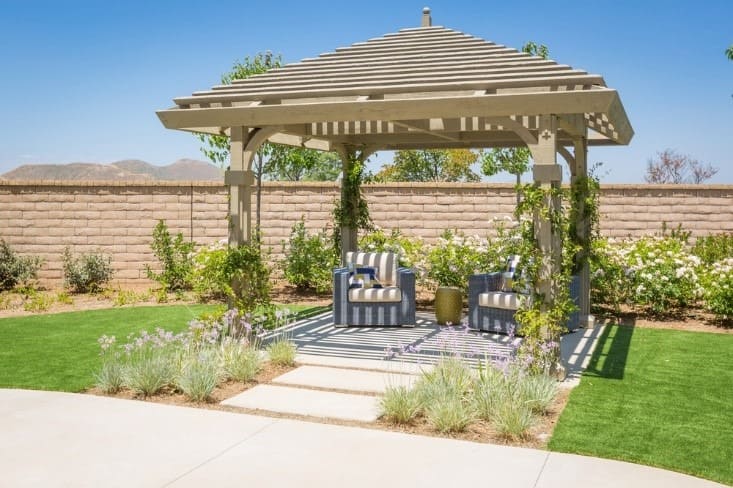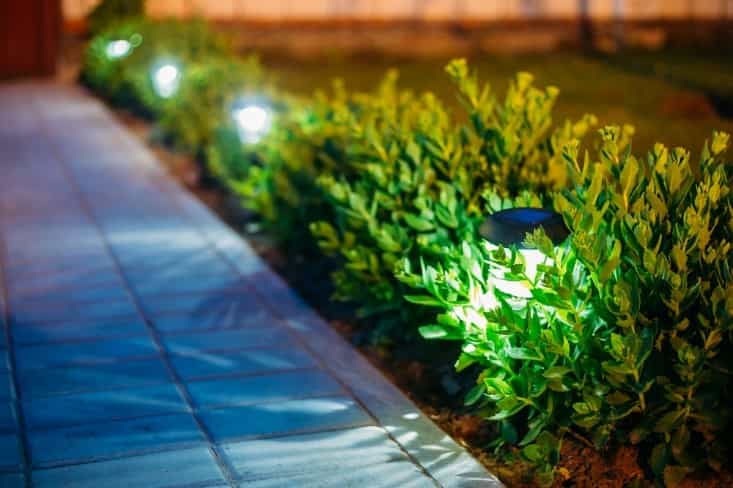Even in cold weather, homeowners can take advantage of the benefits of renewable solar energy. It’s a smart option, whether you want to protect the environment, save money on utility bills, or add resale value to your home.
Here are a few ideas for implementing solar power for your home and how to make energy-efficient home improvements.
Benefits of Solar Energy
Why should you choose solar energy? Solar power energy is:
-
Sustainable and renewable. Other sources of fuel that require exploration must be extracted from the earth and can be depleted. Sunshine is renewable.
-
Low-maintenance. Solar panels for your home don’t require much upkeep. Once you’ve had them installed, you’ll just need to make sure that they’re free of dirt and debris so that sunshine can reach every part of the panel.
-
Silent. Solar panels don’t make any noise as they convert sunlight into electricity.
-
Eco-friendly. Solar electric power plants and solar panels for home use don’t produce any emissions or have any other adverse effects on the environment.
-
Becoming more affordable. The federal government currently offers rebates and tax credits for renewable energy that can help offset the cost of home solar installation. Moreover, advancements in the technology used to create solar energy are allowing homeowners to recoup their initial investment (in equipment and installation costs) much more quickly.
The solar power for home cost continues to drop and is becoming more competitive with traditional sources of electricity. In fact, 34 states now follow Renewable Portfolio Standards. These policies ensure that the public benefits of renewable energy are recognized and include requirements for electricity providers to switch a certain percentage of the power they generate and offer consumers renewable sources over the next several decades.
How Solar Electric Systems Work
Solar cells are made of semiconductor materials that absorb sunlight and convert solar radiation (heat) into electricity. One solar cell produces only a small amount of power. Several cells are connected, forming panels or modules capable of generating additional energy. A module can output from between 250 to 400 watts of power per hour.
Because solar cells are modular and scalable, homeowners can design solar electric systems to meet their specific requirements. Solar panels for home use can also be connected to an existing electric distribution system (one that is grid-connected and still uses other sources of electricity), or they can stand alone (off-grid).
Should You Invest in a Solar-Powered House?
Before you invest in a solar system for your home, you need to make sure your home receives enough solar energy to meet your needs efficiently and affordably. Does your home have clear and unobstructed access to sunlight most of the day and throughout the year? If not, your home may not be a good candidate. Your local electric provider can provide a solar site analysis or teach you how to conduct your own.
Ways to Use Solar Energy in Your Home

A small solar electric (aka photovoltaic, or PV) system can be a reliable and pollution-free electricity producer for your home or office. PV systems use both direct and scattered sunlight to create electricity. However, the more direct solar energy that reaches the PV system, the more power it generates. Therefore, while these systems can work anywhere, they function most efficiently in areas of the United States that receive more average sunlight per year, like the Southwest.
However, even if you can’t invest in a solar electric system, there are still some uses of solar energy that can help to save money and energy.
-
Solar Water Heaters. Heating water is one of the best uses of solar energy since we use hot water almost every day. Solar water heaters can be a reasonable alternative to conventional gas or electric-powered models. Solar panels heat water, which is then delivered to a storage tank. Homeowners can also take advantage of a specific federal tax credit available for solar water heaters.
-
Outdoor Solar Lights. Outdoor energy-saving lights (such as solar security lights or solar flood lights) use solar cells to convert sunlight into electricity. Outdoor solar lights store this electricity in special batteries. At night, these batteries power the lights.





